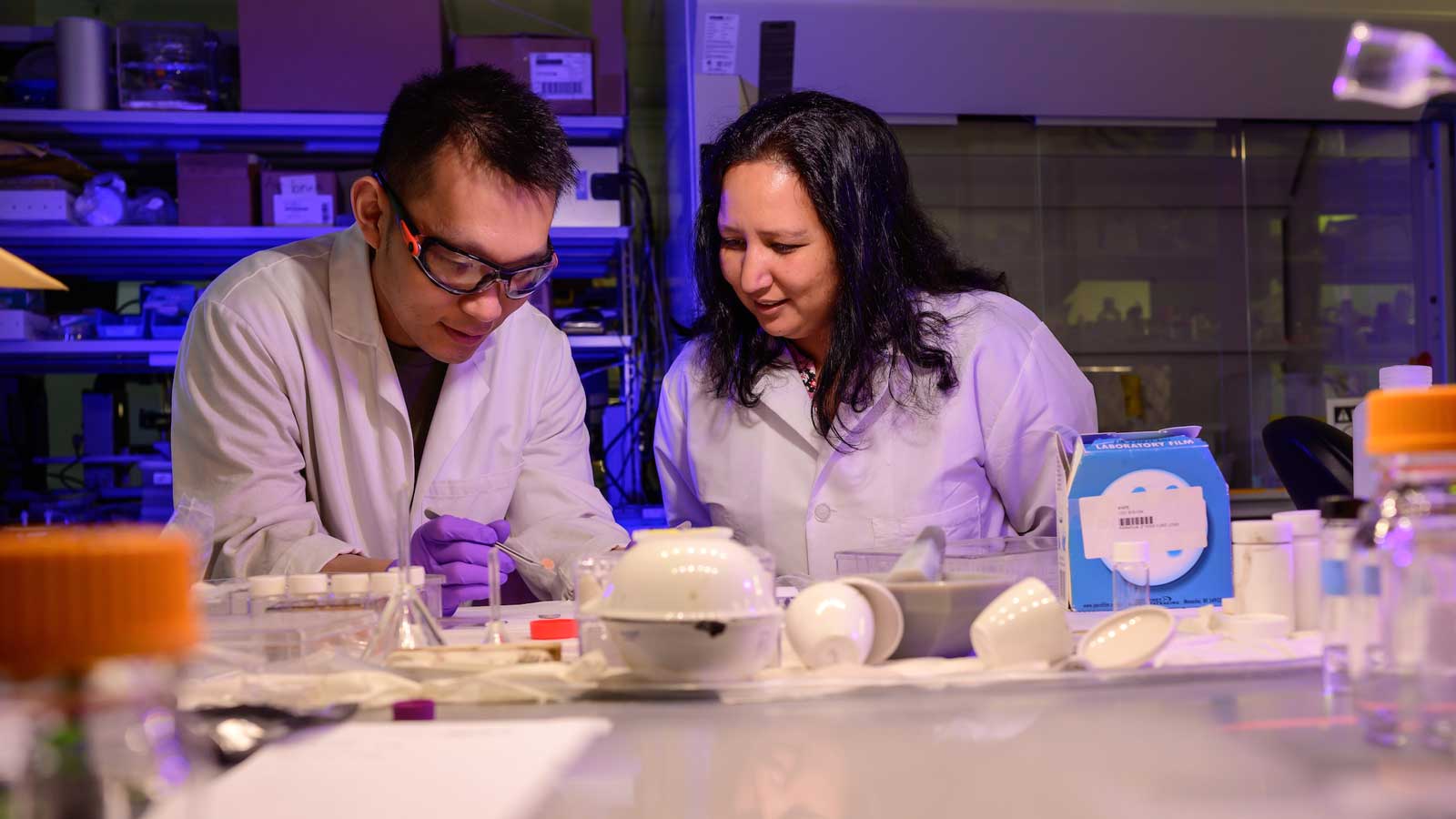During my job interview at Rice in 2004, I asked our dean of engineering at the time, the late Sidney Burrus, what faculty excellence meant to him. His answer has stayed with me. “Everyone in your research community, no matter where, should know of you and your work, and think highly of it,” he said. While certain forms of excellence are easily identified, such as in the case of an FDA-approved cancer treatment, much of academic engineering research operates at a lower "technology readiness level," making the assessment of its excellence and impact complex. Within the School of Engineering, we recognize three vital areas of excellence, (1) the intrinsic value of high quality, (2) the significance of entrepreneurship and research commercialization, and (3) the importance of scholarly research alongside awards and funding.
High quality constitutes excellence and it comes in many forms, all of which we should celebrate. Mentoring PhD students is one of the main duties of tenure-track faculty members. Placing PhD students in top academic and leadership positions is a success that should be recognized. Publishing our work in the top venues of our respective fields is also a metric of success, understanding that the top venue in some disciplines is a journal like Nature or Science while it is conference proceedings or more specialized journals in others. While some work garners thousands of citations due to the breadth of the research area, some research in narrower areas necessarily results in smaller citation counts. Most experimental engineering research is done in large groups, requires advanced equipment, and necessitates extensive external funding. Computational and theoretical work, on the other hand, is often done in small groups that can be sustained with great success with small levels of funding.
Entrepreneurship and research commercialization are also vital components of engineering research impact and excellence. While our university and school are actively developing an environment and support systems to facilitate the transition of research from the lab to the marketplace, this aspect of excellence lacks sufficient recognition within academic circles. Within our school, we are committed to not only increasing its recognition but also encouraging and providing support for it. As we continue to enhance our entrepreneurial and commercialization initiatives, we must explore innovative approaches to defining and measuring success in this domain.
In the broader context of excellence, we hold scholarly research, awards, and funding in high regard, understanding that the quantity and general reputation of awards vary significantly across disciplines. While our primary commitment is to conduct high-quality scholarly research, national and international recognitions through awards and grants are pivotal for attracting top-tier researchers, including graduate students, post-doctoral fellows, research scientists, and faculty members, who, in turn, drive high-quality research. Our pursuit of scholarly research exists alongside the pursuit of awards and funding, with all three components equally valued within our school.
As we celebrate and acknowledge excellence in its diverse forms, we must strive for nothing less than the best and be recognized as such, each by the highest standards of their respective research field. Let us each ask ourselves: Does everyone in my research community, no matter where, know of me and my work, and think highly of it? For our school to be the best that it can be, the answer to the question from each of us must be an unequivocal yes.
Pictured at top, from May 2023: Rice doctoral alum Quan Nguyen (left), Sibani Lisa Biswal and collaborators developed a prelithiation technique that helps improve the performance of lithium-ion batteries with silicon anodes. (Photo by Jeff Fitlow/Rice University)
The Message from the Dean of Engineering and Computing at Rice University is published quarterly during the academic year, and is shared with our students, faculty, staff and friends.

